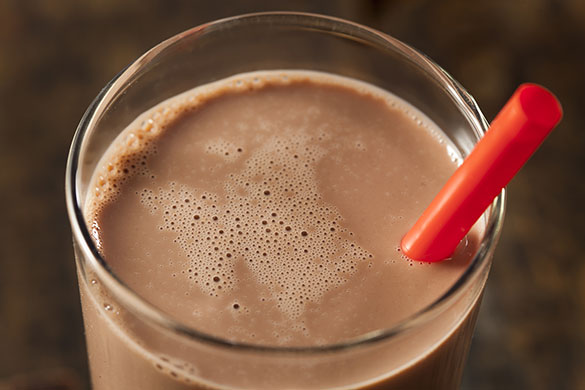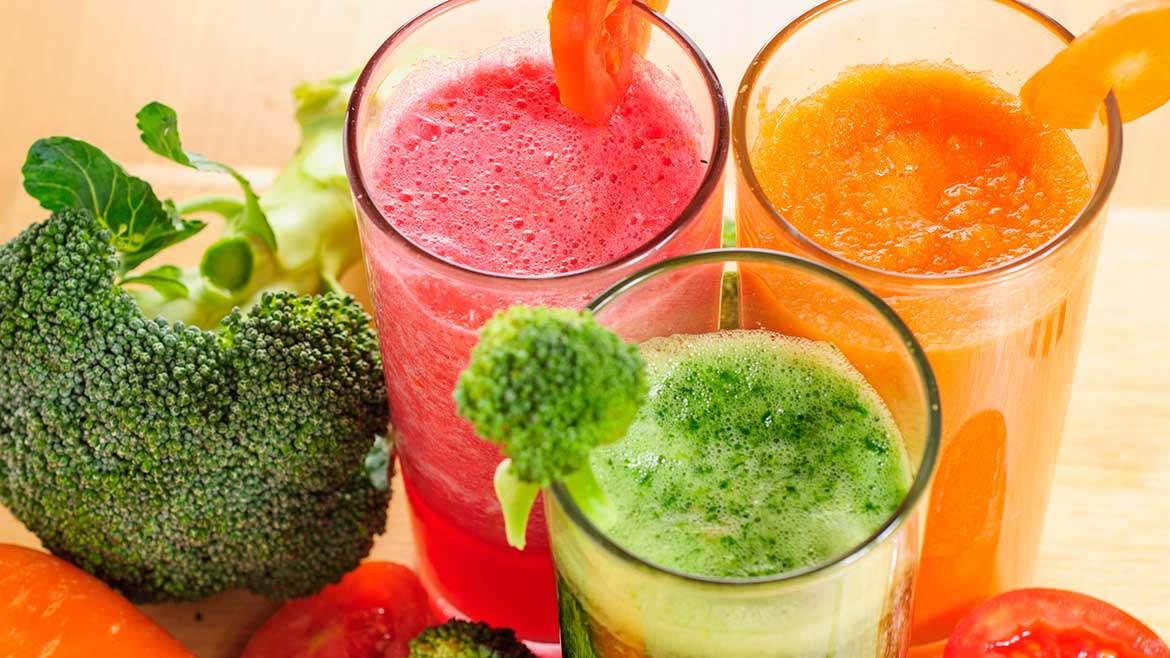If you want to get the biggest nutritional bang for your buck, the best source are superfoods. More plentiful in nutrients than they are in calories and providing many health benefits, superfoods can now be found on every supermarket shelf and kitchen cupboard. But what about the power-packed foods dense in vitamins, minerals and antioxidants you aren’t eating? Here are 5 of the healthiest foods you should be eating but aren’t.
Bok Choy
Normally only consumed when you order Number 27 from your local Chinese Takeaway, Bok Choy is rich in calcium, as well as vitamins A and C, folic acid, potassium, iron, and beta-carotene. Potassium maintains muscle and nerve efficacy and keeps your blood pressure in check. There is research to suggest that beta-carotene could play a part in reducing the risk of both bladder and lung cancers.
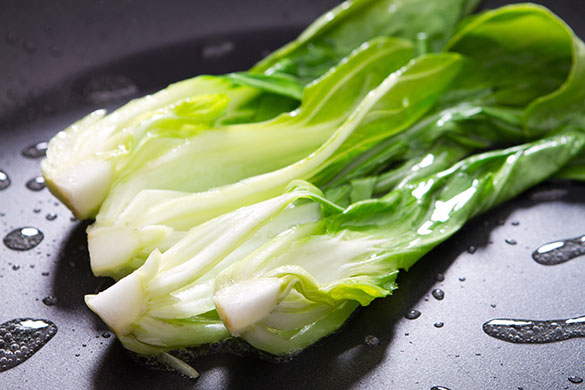
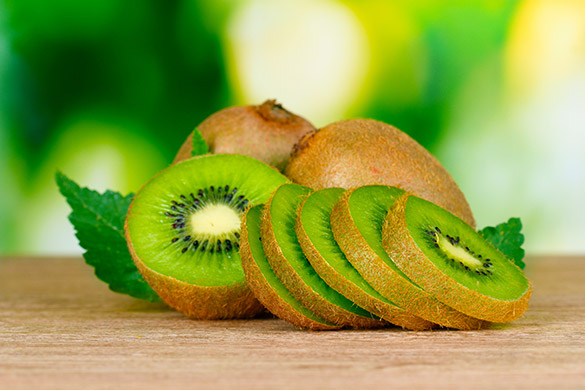
Kiwis
An alternative to bananas, Kiwis are high in potassium. They’re also rich in vitamin C and lutein, a carotenoid that might help reduce the risk of heart disease. In a hurry, don’t peel the skin: Kiwi fruit skin contains high levels of flavonoids, insoluble fiber and antioxidants.
Pomegranates
The juice from the biblical fruit of many seeds can reduce your risk of most cancers, thanks to polyphenols which give the fruit its color. In fact, a recent study at UCLA found that pomegranate juice slows the growth of prostate cancer cells by a factor of six. Drink a cup a day.
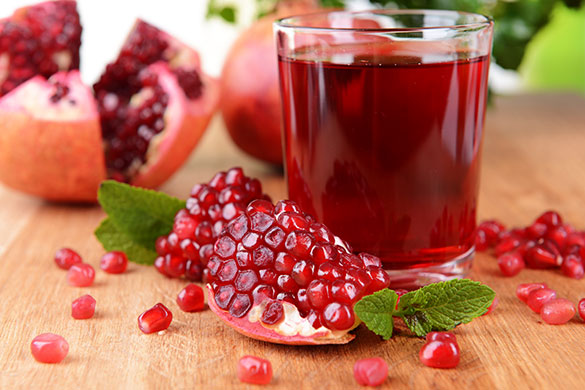
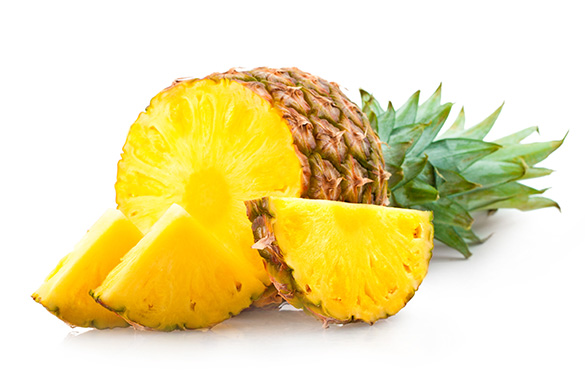
PINEAPPLE
With its potent mix of vitamins, antioxidants, and enzymes (in particular, bromelain), pineapple is an all-body anti-inflammation cocktail. It also protects against colon cancer, arthritis, and macular degeneration. If only the “colada” part of the equation were as healthy. Have half a cup, two or three times a week.
CHOCOLATE MILK
Believe it or not, the sweet brown milk you loved as a kid is actually good for you. Chocolate milk is one of my favorite postexercise recovery drinks because it contains whey protein, which helps muscles recover and repair. Plus, it tastes great while boosting calcium and vitamin D, which research shows is important for preserving cartilage and joint health. Indeed, a 2006 study in the International Journal of Sport Nutrition and Exercise Metabolism found that it is as good as or better than Gatorade for replacing glucose in fatigued muscles. Drinking one large glass after you work out will boost muscle growth and speed recovery.
